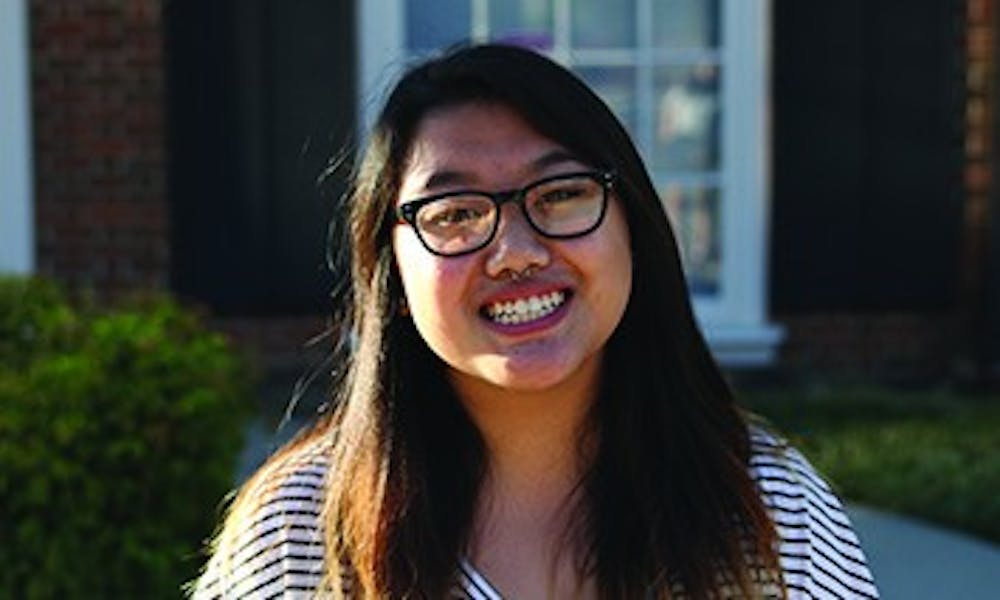Whenever I watch or read something online, I always feel strongly compelled to scroll down to the comments.
The comments section is a sounding board of the community, with the power to manifest as a chorus of devil’s advocates or a support system for whoever had the courage to post a part of their life on the internet.
Every print edition of the opinion page that we’ve published this year has a featured online comment, usually from serial commenters I don’t necessarily agree with, but appreciate all the same. I read through The Daily Tar Heel's recent comments regularly to find those featured quotes while satisfying the honest curiosity about what people think of what we think.
We recently received a letter to the editor that called for the disabling of the DTH’s online comments.
My first reaction was blatant incredulity.
The editorial board has discussed the merits and trade-offs of online comments before, but we dismissed the idea of completely disabling them as a joke at the time. After all, removing the audience’s outlet to respond to the media they have chosen to consume is, by definition, censorship. As a journalistic institution (and opinion section no less), it doesn’t make sense to limit anyone’s right to free speech.
We touched on this earlier in our editorial on the nonexistence of safe spaces.
The critical question then:
Should the safe space enable those with conservative voices the freedom to speak up, or should it protect the people who have been historically silenced by those voices?




